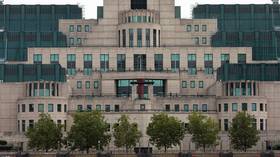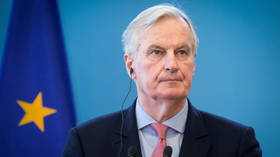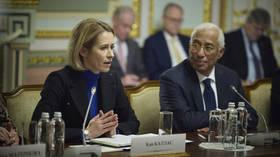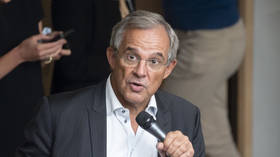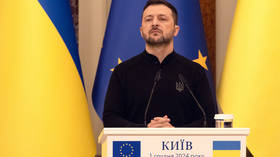Germany shuts half of its nuclear plants amid energy crisis
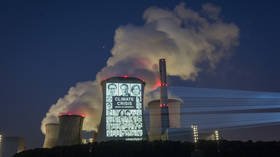
Germany is shutting down three nuclear power plants on Friday, in a move to halve the country’s remaining nuclear capacity. The measure comes despite the worst ever energy crises the European region has experienced.
The closures, which come as a result of decision to completely phase out atomic energy, taken by Angela Merkel after the Fukushima nuclear disaster in 2011, is expected to tighten the current squeeze on gas and energy prices.
Berlin is planning to completely wind down atomic energy by the end of 2022, when its final three plants in Neckarwestheim, Essenbach and Emsland shut.
German state officials can’t prevent the shutdown of nuclear power plants, since they are in somewhat of a bind when it comes to the “green economy,” according to Alexey Mukhin, director of the Center for Political Information.
“Angela Merkel’s decision to shut down nuclear reactors after the disaster at Fukushima has been denounced as bureaucratic,” the analyst said.
“The federal government should have taken very serious efforts to prevent the next scheduled shutdown, but, apparently, they are not allowed to do this by the so-called new rules of the green economy.”
With energy prices across the continent soaring to the unseen levels, the timing of the German plan’s coming to fruition could hardly be worse. In December, Dutch TTF reached €187.78 per megawatt hour, which is 10 times higher than at the start of the year, while electricity prices are soaring as well.
According to Mukhin, the country’s authorities fell into a trap that had been set by Berlin.The expert expressed bewilderment over the dogged attempts by the EU at pushing green energy policies forward amid the worst energy crunch that is most markedly straining the wallet of the European citizens.
“The energy crisis should correct the global economy and ‘green’ policy, but this does not happen, due to the stubbornness, pride and prejudice, even the snobbery and tenacity, of European partners,” Mukhin said.
For more stories on economy & finance visit RT's business section




